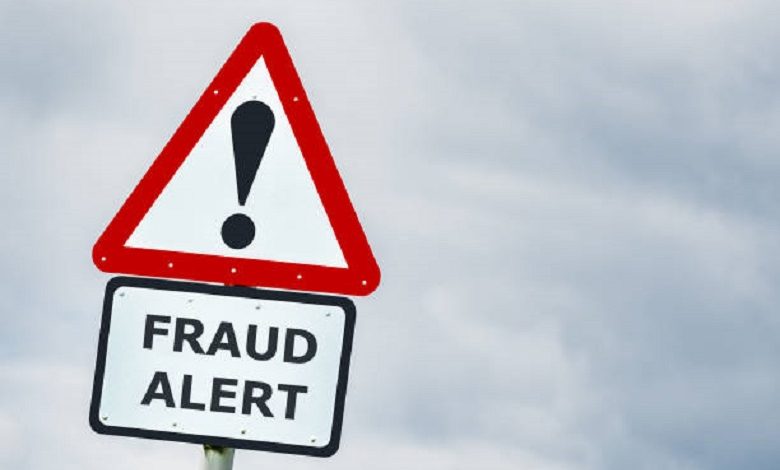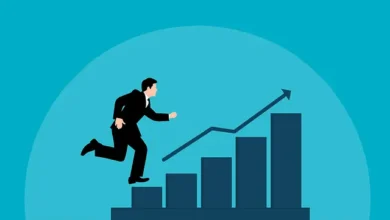12 ways to protect yourself from financial fraudsters

During the pandemic, customers began to make most of the transactions via the Internet and by phone, and fraudsters took advantage of this. Since March 2020, banks have regularly received many statements about illegal write-offs of money by third parties. The article provides practical recommendations on how to protect yourself and your money from intruders.
During the pandemic, the number of requests related to fraud increased in banks. With the development of new technologies, financial fraud is adapting to modern conditions.
From year to year, fraudsters seize various business, financial, budgetary, investment, innovative activities and penetrate transactions with the property.
How to protect yourself from scammers
The peculiarity of a modern financial fraudster lies in their high intellectual level; they are well-versed in the instruments of the financial market and manipulate clients’ psychological state, provoking them to make impulsive decisions that lead to further loss of money.
1. Avoid making cash payments with strangers in order not to become a victim of counterfeiters
Even though modern technologies for making paper money are protected from counterfeiting. The governments of all countries of the world are forced to strengthen or change the protection of national currency units every seven years. This period is explained by the fact that such time is required for counterfeiters to make high-quality counterfeits.
2. Do not provide personal information to anyone
Do not send your passport, personal documents, property documents by mail, or messages. These are unreliable transmission methods that hackers often hack.
3. Do not store bank cards with passwords in your wallet
Because if scammers steal a wallet, they will withdraw money from the nearest ATM.
4. Be careful; bank employees do not ask for numbers on the front and back of the card, pin code by phone
If this information becomes known to fraudsters, they will transfer money from it to their accounts.
5. Apply for an SMS-informing service using a bank card
If fraudsters operate on it, you will immediately find out about it and will be able to block the card quickly.
6. Do not tell anyone the login and password to your account of the Internet Bank, do not save them on your computer for auto-completion
After finishing work, exit the banking application.
7. Do not enter your online bank account, and do not make purchases in the online store with a card when using free WI-FI in public places
Some programs read the information via WI-FI, so the data you enter into your phone or computer will become known to attackers.
8. Do not open emails or SMS messages about problems with your account or card
Do not talk on the phone with strangers, especially if they try to find out your personal information. If in doubt, call the bank yourself at the number indicated on the back of the card or the bank’s website in the contacts section.
9. Never open websites of payment systems using a link that comes by email or messages on social networks
Check which URL is in the address bar or look in the “link properties” option where it leads. These actions will help avoid getting to a fake site, which is designed under the original site of the payment system.
10. Carefully inspect the ATM before use for foreign objects such as cameras, keyboards, etc.
Use only ATMs that are installed in government agencies, banks, hotels, shopping malls.
11. Do not accept offers to participate in Internet lotteries with expensive prizes and money
This is often the behavior of scammers who later ask to pay 10-13% of the value of the prize as a participation fee, but the reward will not be sent to you.
12. Before entering into any transactions with financial investment, make sure the company’s reliability
To do this, check the actual existence of the company in state registers, find reviews about the company, make sure you have the necessary licenses to carry out the proposed activity.




